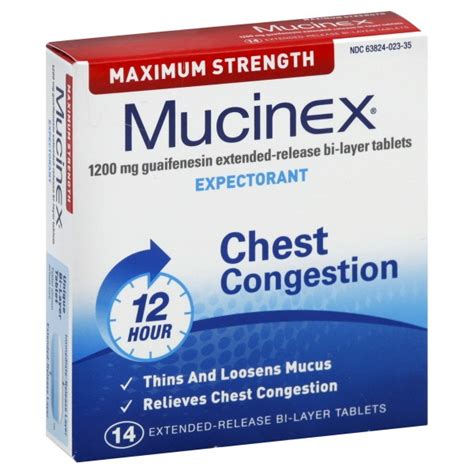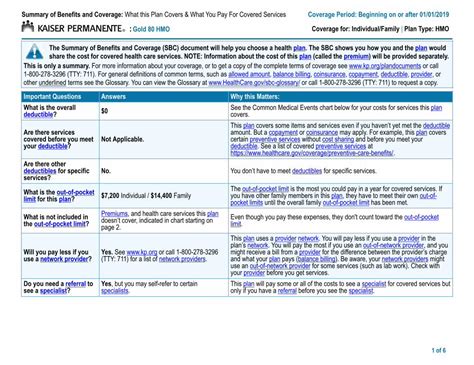What Is Expectorant Used For? Relieve Congestion

Respiratory issues, such as coughs and congestion, are a common plight for many individuals, especially during the colder months or when allergies are at their peak. Among the various over-the-counter (OTC) medications and home remedies available to alleviate these symptoms, expectorants play a crucial role. Expectorants are a type of cough medicine designed to help loosen and clear mucus and other debris from the lungs, bronchi, and trachea, making it easier to cough up. This mechanism of action is pivotal in relieving congestion and facilitating recovery from respiratory infections.
How Expectorants Work
Expectorants work by increasing the amount of water in the airways, which thins out the mucus, making it less sticky and easier to expel from the body. The most common active ingredient in expectorant cough medicines is guaifenesin. Guaifenesin is known to reduce the viscosity of mucus, thereby enhancing its clearance. It does not stop coughs but makes coughs more productive, meaning that when you cough, you are more likely to bring up mucus, which can help relieve congestion and make you feel better.
Conditions Treated by Expectorants
Expectorants are beneficial in treating various respiratory conditions characterized by excessive mucus production and congestion. These include:
- Acute Bronchitis: Often resulting from a viral infection, acute bronchitis involves inflammation of the bronchial tubes, leading to cough and mucus production. Expectorants can help in managing the symptoms by thinning the mucus.
- Common Cold: While the common cold is primarily caused by viruses, expectorants can alleviate symptoms such as cough and congestion associated with it.
- Chronic Obstructive Pulmonary Disease (COPD): COPD includes conditions like emphysema and chronic bronchitis. Expectorants can be part of the management plan to help clear mucus from the airways, although they are typically used alongside other medications.
- Pneumonia: In some cases of pneumonia, especially those caused by bacteria, expectorants may be used in conjunction with antibiotics to help manage symptoms.
Key Benefits of Using Expectorants
The primary benefits of using expectorants include:
- Improved Mucus Clearance: By thinning mucus, expectorants make it easier to cough up, which can lead to faster relief from congestion.
- Reduced Cough Severity: Although expectorants do not suppress coughs, making coughs more productive can reduce the frequency and severity of coughing fits.
- Enhanced Comfort: Relieving congestion can lead to improved breathing, reduced chest discomfort, and better sleep quality.
Considerations and Precautions
While expectorants are generally safe when used as directed, there are considerations to keep in mind:
- Dosage: It’s essential to follow the dosage instructions on the label. Taking too much of an expectorant can lead to side effects such as stomach upset, nausea, and headaches.
- Interactions: Expectorants can interact with other medications. Individuals taking other prescription drugs should consult their healthcare provider before using an expectorant.
- Pregnancy and Breastfeeding: Pregnant or breastfeeding women should consult their healthcare provider before using any medication, including expectorants.
Conclusion
Expectorants are a valuable tool in managing respiratory symptoms associated with congestion and excessive mucus production. By understanding how they work and their appropriate use, individuals can better utilize these medications to find relief from discomfort and facilitate a smoother recovery from respiratory ailments. Always consult with a healthcare professional for personalized advice on treating respiratory issues, as they can provide guidance tailored to your specific condition and health status.
What is the primary function of an expectorant in relieving congestion?
+The primary function of an expectorant is to thin out mucus, making it easier to cough up and thus relieve congestion in the lungs, bronchi, and trachea.
What conditions are expectorants most beneficial for?
+Expectorants are beneficial for conditions characterized by excessive mucus production such as acute bronchitis, the common cold, and chronic obstructive pulmonary disease (COPD).
How should expectorants be used safely and effectively?
+Expectorants should be used by following the dosage instructions on the label, being aware of potential interactions with other medications, and consulting a healthcare provider especially if pregnant, breastfeeding, or taking other prescription drugs.
In conclusion, expectorants are a crucial component in the management of respiratory symptoms, particularly congestion and excessive mucus production. Their ability to thin mucus and facilitate easier expulsion can significantly improve comfort and aid in recovery from various respiratory conditions. Always consult with a healthcare professional for tailored advice on the use of expectorants and other medications to ensure safe and effective treatment.



